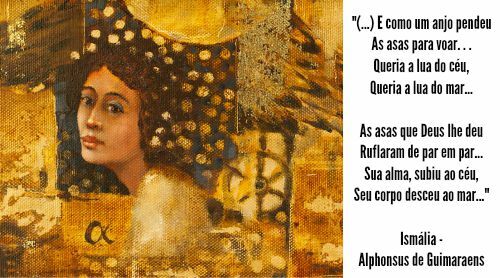Around the 14th and 15th centuries Europe was going through economic and social transformations: the growth of capitalism, of cities.
After the decline of feudalism, the bourgeoisie found in the monarchic state the guarantee of unification and centralization represented in the figure of the king.
Trade begins its expansion and goods are transported and, in this way, mercantile groups are formed throughout the European continent. Maritime expansion is intensified and disputes over maritime trade are also intensified.
New trade routes are created in order to meet the demands of the consumer market, which only increased
The Iberian Peninsula, formed by Portugal and Spain, was in a position of power: it had just regained its territories occupied, until then, by Muslims, and was in a favorable geographic position for navigation, which favored the conquest of new lands.
The trade routes to the East favored the discovery and colonization of new lands by Portugal.
After Vasco da Gama's successful expedition to the Indies, the king of Portugal, D. Manuel I decides to send a squadron to the Indies, led by Pedro Álvares Cabral, with the intention of strengthening commercial ties. However, the fleet that would initially go towards the African coast was overturned towards the American continent. Some studies prove that King D. Manuel I already knew of the existence of Brazil, since since 1351 the Brazilian territory was represented on maps as an island in the middle of the Atlantic. However, there is no exact confirmation regarding this matter.
Do not stop now... There's more after the advertising ;)
On April 22, the Portuguese squadron sights a hill, Monte Pascoal, named for being Easter.
The police station clerk, Pero Vaz de Caminha, records the first mass in the new land, called Vera Cruz, made by the Friar Henrique de Coimbra, who preached that the discovered territory should be converted to Christianity, in the name of King.
The land, then, was renamed Terra de Santa Cruz and, later, Brazil, due to the amount of pau-brasil on the coast.
Maritime expeditions had the protection of the Order of Christ, under the leadership of the pope. The Portuguese were at religious war with the Arabs and the expeditions were intended to propagate the Christian faith and spread the infidels.
The Order of Christ was, therefore, a religious and military company commanded by the Pope's guidelines, the only one authorized to occupy territories such as Brazil, full of “infidels”.
We can consider as the beginning of literature the letter of Pero Vaz de Caminha, the navigation diaries, the signed treaties, in addition to the pedagogical and informative writings of the Jesuit evangelization. The most emphatic Jesuit is Father José de Anchieta, who came to Brazil with the proposal to catechize the Indians around 1553. He dedicated himself to catechesis and is known for his poetry of devotion, letters and studies of the Tupi language (author of the first Tupi-Guarani grammar).
By Sabrina Vilarinho
Graduated in Letters
Would you like to reference this text in a school or academic work? Look:
VILARINHO, Sabrina. "Birth of Brazil"; Brazil School. Available in: https://brasilescola.uol.com.br/literatura/nascimento-brasil.htm. Accessed on June 27, 2021.


